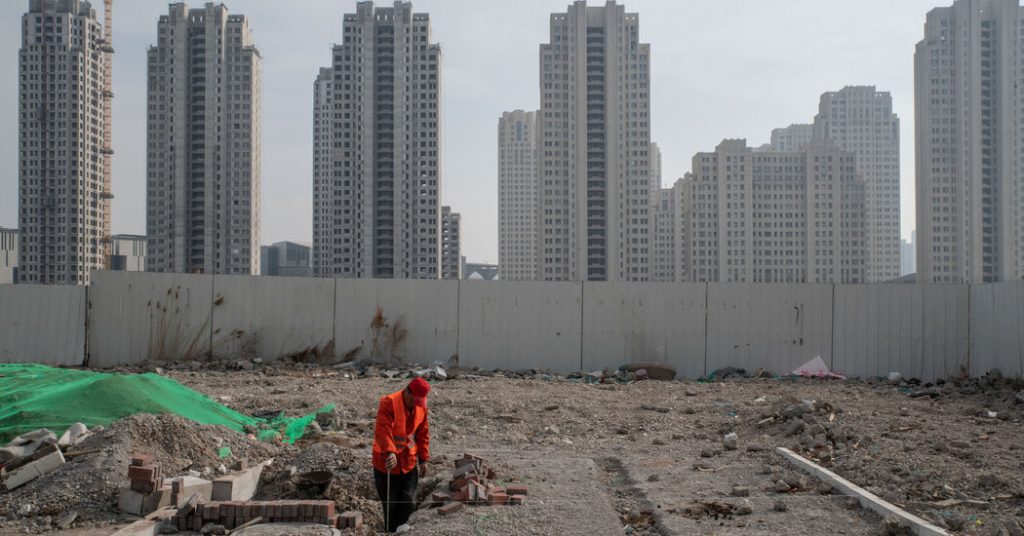A recent study published in the journal Science revealed that a significant portion of China’s major cities are experiencing subsidence, with an estimated 16 percent losing more than 10 millimeters of elevation per year. This issue is primarily caused by the weight of buildings and infrastructure, as well as activities such as pumping water from aquifers, oil drilling, and coal mining. In some areas, land subsidence is so severe that thousands of residents have been evacuated due to the risk of structural damage.
The study, which used state-of-the-art radar data from satellites to measure subsidence in 82 major cities in China, found that the problem is particularly pronounced in places like Beijing and Tianjin. The uneven sinking of land poses a threat to buildings and infrastructure, as structures built on land that is subsiding at different rates are at risk of damage. This issue is not unique to China, as similar problems are also present in coastal cities in the United States.
Despite the widespread nature of land subsidence, it is often overlooked in climate change adaptation strategies. This is concerning, as sea level rise projections indicate that a quarter of China’s urban coastal land could be below sea level by the end of the century. However, these projections assume a consistent rate of subsidence, which can change due to human activities. Strategies to combat subsidence include limiting groundwater extraction and implementing managed recharge techniques, as seen in cities like Shanghai and Tokyo.
While living with some level of subsidence may be inevitable, it is crucial to prioritize adaptation to sea level rise in coastal areas to minimize damage. The Netherlands serves as a model for effectively managing land below sea level through engineering solutions to prevent flooding and accommodate rising waters. By incorporating land subsidence into climate change resiliency plans, cities can better prepare for the challenges posed by sinking land and sea level rise.















